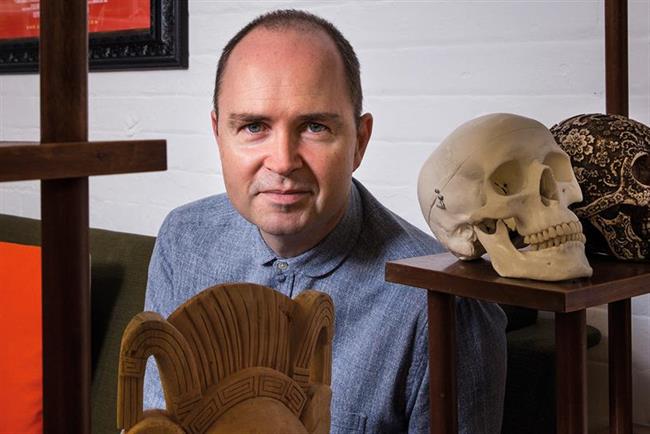All of us who are worrying about the state of the world today should spare a thought for those in a bygone September. Around this time in 1945, the world was not only looking back on the bloodiest conflict in human history but staring ahead into the abyss of nuclear armageddon.
Weeks earlier, America’s B-29 aircraft had dropped their deadly loads on Hiroshima and Nagasaki, delivering the equivalent impact of around 33 kilotonnes of TNT. Almost 350,000 people were killed and many more were left with terrible injuries and radiation sickness. Even the pilot of the Enola Gay bomber remarked, "My God, what have we done?" and he wasn’t just talking about the immediate carnage in Japan, he was acknowledging the scary step that our entire species had just taken.
In less than half a second, the bomb became the planet’s great debate. Churchill argued that its deployment had saved over a million lives. The Vatican urged the destruction of the new technology, for the sake of humanity. Mahatma Gandhi warned of the potential "suicide of mankind".
As you’d expect, George Bernard Shaw – one of the century’s foremost intellectuals – had plenty to say on the matter too. Incandescent with rage, he hammered out a furious letter to The Times. Except that the target of his ire was not the potential destruction of civilisation but the grammatical inefficiency of his fellow commentators.
Even highly intelligent individuals can sometimes miss the point
You see, Shaw (among his many interests) was an obsessive advocate of simplifying the English language. And so while the world’s greatest minds fought over the moral high ground, he fulminated about spelling:
‘I can scribble the word "bomb" barely legibly 18 times in one minute and "bom" 24 times, saving 25% per minute by dropping the superfluous b. In the British Commonwealth, on which the sun never sets, and in the United States of North America, there are always millions of people continually writing, writing, writing [about the bomb]. Those who are writing are losing time at the rate of 131,400 seconds per annum."
Shaw’s preoccupation is an extreme example of the age old-truth that even highly intelligent individuals can sometimes miss the point. My old boss Jim Kelly used to call this "heading straight to the heart of the periphery" and it seems to be endemic in our industry today.
At the risk of making a tasteless comparison, marketing has been hit by some big bombs of its own, in recent years. For instance: falling levels of trust; decreasing attention to, and affection for, communications; disruption from completely new business models; and sluggish growth in many categories. But much modern marketing appears to ignore these existential threats in favour of addressing peripheral ones.
Shiny new toys
The problem isn't just that there are so many shiny new toys to distract us (although of course that is true), but that these trinkets are so much easier to play with than shifting the boring old levers of commercial growth. Why bother to improve your core product when you can fiddle around with an AR version? Why make a difficult decision on price when you can do something cool with an influencer? Why ask fundamental questions about effectiveness, when someone like Shaw can promise you a simple way to improve efficiency?
While all categories are different, most commercial challenges come down to a basic lack of customer understanding. The best businesses recognise this and maintain an obsessive focus on their audience. It sounds simple, but is actually incredibly hard. It typically means concentrating on fewer, more fundamental things, rather than backing more, insignificant initiatives. It means digging deeper for insight, not just skimming for trivia. Perhaps most of all, it means thinking about people not platforms.
On that note, and for the avoidance of doubt: too many people don’t trust our companies, don’t care about our brands, don’t rate our products, don’t want to be interrupted by our ads and don’t know what a channel is.
We need to focus on these big bombs, not bang on about all the little b’s.
Andy Nairn is a co-founder of Lucky Generals



